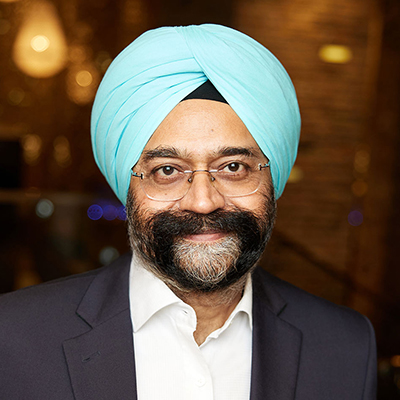In an important discussion addressing how best to leverage talent as a competitive advantage as well as building an agile workforce, HR Policy’s DP Singh and a prestigious panel discussed the increasing demand on HR leadership to focus on these key priority areas to drive overall business success. For global members, you can review the session here.
Ms Shikha Sharma, Director of HR in India for American Express moderated the sessions and was joined by Mr Ryan Lowe, Partner – People Advisory Services at Ernst and Young, Mr Kunjal Kamdar, Talent Attraction, Brand and Marketing, Air Products, Ms Rinita Laskar, Director - HR at Emerson India, and Mr Navnit Singh, Chairman and Regional Managing Director India at Korn/Ferry International.
Key takeaways from the discussion included:
One key area for talent management involves creating talent and retention strategy that marries the purpose of the organization with the purpose of the employee or recruit by making the employment relationship a win-win situation for both. This applies when building talent from within (need to identify and start early) and with external recruitment. There is also growing trend to create internal talent development programs and “universities”.
Screening and hiring candidates with high levels of self-awareness is also paramount to a successful talent strategy. Candidates who have less self-awareness have a higher risk of failure when given higher responsibilities or during lateral company shifts. It is important to have strong, meaningful, and transparent dialogues with key talent to help them generate insights into their competencies.
Another important perspective shared addressed the extremely competitive business environment and the importance of employer brand. Further, while the brand may exist, it is important to take charge and proactively define the brand, so it permeates through the organization
The employer brand is vitally important, and while the employer brand may exist, it is important to define the brand and articulate throughout the whole organization. The process of building a brand takes time, but it will become more and more critical with the overall competition growing.
Install a succession plan which maintains the following elements:
Selective key roles that need such a plan so that one can execute in it effectively
A sustained effort over a long period of time to build meaningful pipeline.
Have a simple process; do not complicate it
Another discussed topic involved blue collar manufacturing workers and how important they are at defining and carrying the employer brand. However, the view of these workers, compared to white collar, can be the opposite. Missing out on engaging this segment of employees is a missed opportunity for an employer.

